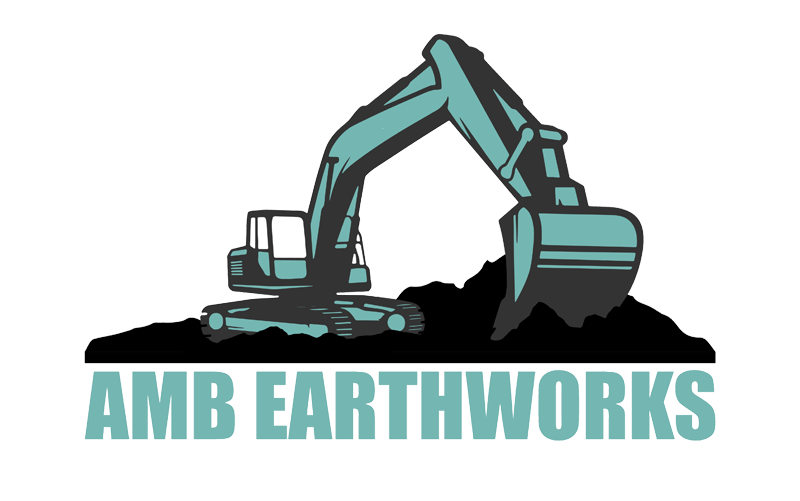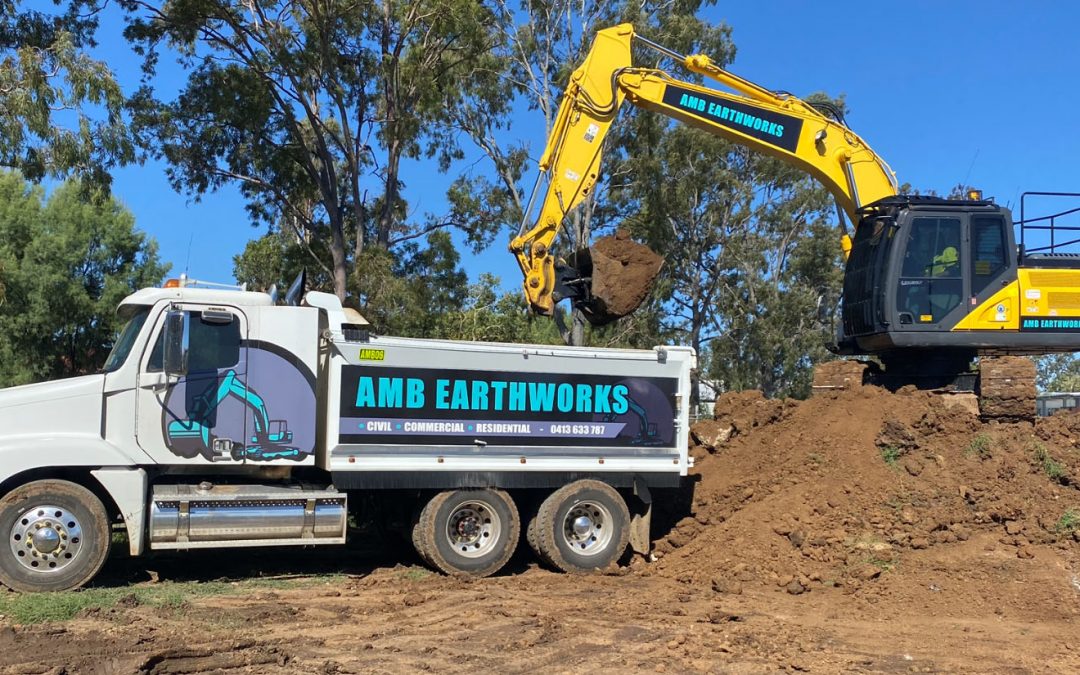Why is Excavation Important?
A solid foundation is crucial to the success and safety of any construction project. This foundation begins with excavation. Expert excavation helps avoid structural problems in the future. It is the phase of a construction project that all subsequent stages rely on.
What do Excavation Contractors Do?
Excavation contractors are responsible for preparing a site and ensuring its long-term functionality. An excavation contractor with a range of skills and equipment will handle any site complications so that you can meet your construction deadlines, save money, and avoid excavation headaches.
Suppose your project is on a site with established underground infrastructure, such as gas, water, electricity, and telecommunications. In that case, a skilled excavation contractor will be aware of important protocols for the safety of all workers. They will liaise with utility companies and surveyors to ensure the safe and successful completion of your project.
Excavation contractors need reliable equipment to get their jobs done safely and efficiently. Look for a contractor with an extensive, well-maintained equipment fleet and a commitment to team training and upskilling.
What is an Excavator?
An excavator is a piece of heavy-duty construction equipment used for:
- Landscaping
- Demolition
- Dredging
- Construction
- Pipe laying
- Material handling
- Mining
- Clearing
- Grading
- Slope stabilisation
- Drainage correction
- Soil compaction
- Foundation digging
The three main parts of an excavator are the undercarriage, the house, and the arm.
The undercarriage is responsible for moving the excavator. This is where you will find the track frame and tracks, or wheels. A hydraulic swivel in the apex of the track frame enables 360-degree rotation of the house.
The house includes the cab, where you will find the driver and controls, and a counterweight, which is essential due to the size of the arm.
The arm does all the heavy lifting. The arm components include the boom, dipper, stick, and bucket. Hydraulics move these different pieces as needed, much like muscles in a human arm.
An excavator is practical for any construction project, especially if it has a quick hitch, which allows the contractor to change attachments on the excavator rapidly. A quick hitch saves time and money – it means you have one machine with multiple capabilities. Different attachments can include rock grabs, sorting grapples, sieve buckets, pole-handling grapples, mud buckets, and rippers.
There are seven categories of excavators:
- Skid Steer Excavators are practical for residential projects and moving piled-up dirt or debris. The boom and bucket face away from the driver and reach over, not around, making them ideal for work in narrow spaces.
- Mini Excavators are the smaller, lighter version of a standard excavator.
- Dragline Excavators feature a unique hoist and rope system, making them ideal for large-scale engineering projects and excavation underwater.
- Long Reach Excavators have a lengthier arm and boom than other excavators. This arm can reach up to 30 metres. Long Reach Excavators are useful for demolition projects.
- Suction Excavators are fitted with a high-pressure vacuum and water jets. They are ideal for underground projects requiring precision, as water use reduces the risk of damage.
- Crawler Excavators are used for trench digging, mining, and landscaping. They can tackle unstable terrain with less risk than a Wheeled Excavator.
- Wheeled Excavators are commonly used for roadworks and other civil projects. They are fast-moving and easy to manoeuvre.
What is a Mini Excavator?
A mini excavator, also known as a compact excavator, is used for small to medium-sized projects. Because it is lighter and more compact than a standard excavator, it creates less topsoil damage and reduces track marks. Mini excavators can be used in construction and landscaping for digging pools, repairing sewer lines, home renovations, and general digging.
Keys to Successful Excavation Projects
The keys to a successful excavation project are planning, management, and communication. Let’s dig a little deeper into these elements.
Scoping the Project
During this initial phase, your excavator contractor must advise on the equipment, resources, and skills required to meet your construction needs and local council guidelines. Look for someone who will give you an honest opinion on the budget, potential risks, and how best to manage the excavation process.
Excavation Project Planning and Scheduling
A detailed project schedule and timeline are essential for transparency and communication between all contractors working on the site. A plan ensures the project will be completed on time and within budget.
Drainage and Stormwater Management
Drainage and stormwater management are necessary environmental considerations for any excavation project. An efficient drainage and stormwater management system helps to:
- Minimise soil erosion
- Reduce pollution via run-off from the construction site (contaminated water)
- Lessen the impact on existing natural features and habitats on and around the site
- Minimise flood risk
Drainage and stormwater management are important during the excavation process and as part of the finished build.
Communication
Clear communication improves any excavation project’s safety, efficiency, and morale. An excavator contractor who is present on-site and contactable at any stage will ensure the project’s success.
Choosing the Right Excavation Contractors
Here are five things to remember when choosing an excavation contractor for your next project:
- Equipment: Is the equipment you need available in their fleet? Is it well-maintained?
- Qualifications: Do they offer trained operators to complete your project safely and efficiently?
- Services: Do they provide a range of services so you can complete multiple tasks with a single contractor?
- Reputation: Do they have positive feedback from previous customers? Can you see examples of their work?
- Cost: Does the excavator contractor offer value for money? The cheapest is not necessarily the best option.
Excavation projects need quality machinery, skilled operators, and advice you can trust.
Who is AMB Earthworks?
We are an experienced excavation contractor offering technical expertise, top-grade equipment, a focus on safety, value for money, and reliable communication.
At AMB Earthworks, our clients continue to return to us because of our:
- Genuine and expert service
- Professionally maintained machinery and equipment
- Commitment to the community
If you need an excavator contractor who values collaboration, innovation, and cost-effective solutions, contact AMB Earthworks today. We’ll take the heavy lifting out of your next excavation project.

